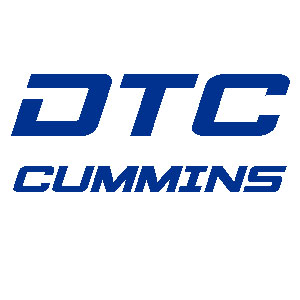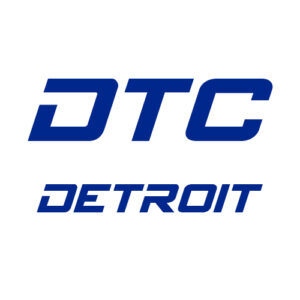During DPF regeneration the Aftertreatment Fuel Pressure Sensor monitors the fuel pressure rise and drop in the Aftertreament Hydrocarbon Dosing Module. During Air Purge the Aftertreatment Fuel Pressure Sensor monitors the air pressure rise and drop in the Aftertreament Hydrocarbon Dosing Module. The Engine Control Module (ECM) uses this input to determine if the system is operating correctly.
Conditions for diagnostic trouble code (DTC):
1) The voltage at pin A14.EA:50 is more than 4.8?V
Diagnostic operating conditions
1) Ignition key in ON position
Observable symptoms
1) Regeneration not possible
Probable cause
1) Connector
2) Open circuit on ground wire
3) Short circuit to voltage supply, signal wire
4) Aftertreatment Fuel Pressure Sensor
5) Engine control module (ECM)
-
2021 VOLVO PREMIUM TECH TOOL PTT V2.8.21 VCADS+DEVELOPER TOOL+APCI 2021/09 ( 1 PC )
Trucks software $85.00Rated 0 out of 5 -
download Hitachi Construction Machinery MPDr Ver 3.7.0.0 [10.2020] Diagnostic Software
Hitachi $76.00Rated 0 out of 5 -
DETROIT DDDL 8.14 SP3 – Detroit Diesel Diagnostic Link 8.14 SP3 2021 ( 1PC )
Detroit $73.00Rated 0 out of 5 -
CAT Engine Reprogramming Tool for flash programming C1.8, C2.4, C3.8 & C3.3B + Guide
CAT $50.00Rated 0 out of 5 -
DAF Davie Runtime v5.6.1 Davie XDc ll [02.2019] + Expire Fix 302.00 Unlock ( Windows 7 )
DAF $70.00Rated 0 out of 5
Related products
-
Allison 1000 & 2000 Gen 5 Fault Code:P0980 Shift Solenoid 3 (SS3) Control Circuit – High
1000 & 2000 Gen 5Rated 0 out of 5 -
Allison 1000 & 2000 Gen 5 Fault Code:P2729 Pressure Control Solenoid 1 (PCS1) Control Circuit – Low
1000 & 2000 Gen 5Rated 0 out of 5 -
Allison 1000 & 2000 Gen 5 Fault Code:P0122 Pedal Position Sensor Circuit – Low Voltage
1000 & 2000 Gen 5Rated 0 out of 5 -
Allison 1000 & 2000 Gen 5 Fault Code:P1790 Gear Shift Module 1 Calibration Invalid
1000 & 2000 Gen 5Rated 0 out of 5 -
Allison 1000 & 2000 Gen 5 Fault Code:P097C Shift Solenoid 3 (SS3) Control Circuit – Open
1000 & 2000 Gen 5Rated 0 out of 5 -
Allison 1000 & 2000 Gen 5 Fault Code:P2724 Pressure Control Solenoid 1 (PCS1) – Stuck On
1000 & 2000 Gen 5Rated 0 out of 5 -
Allison 1000 & 2000 Gen 5 Fault Code:P2685 Actuator Supply Circuit Voltage 3 Low (HSD3)
1000 & 2000 Gen 5Rated 0 out of 5 -
Allison 1000 & 2000 Gen 5 Fault Code:P2684 Actuator Supply Circuit Voltage 3 Open (HSD3)
1000 & 2000 Gen 5Rated 0 out of 5 -
Allison 1000 & 2000 Gen 5 Fault Code:P0973 Shift Solenoid 1 (SS1) Control Circuit – Low
1000 & 2000 Gen 5Rated 0 out of 5 -
Allison 1000 & 2000 Gen 5 Fault Code:P097B Shift Solenoid 2 (SS2) Control Circuit – Open
1000 & 2000 Gen 5Rated 0 out of 5 -
Allison 1000 & 2000 Gen 5 Fault Code:P2723 Pressure Control Solenoid 1 (PCS1) – Stuck Off
1000 & 2000 Gen 5Rated 0 out of 5 -
Allison 1000 & 2000 Gen 5 Fault Code:P2669 Actuator Supply Voltage 2 Open
1000 & 2000 Gen 5Rated 0 out of 5
-
Volvo All Engines (2010 Emissions) Fault Code: SPN 91 FMI 13 PID: Accelerator Pedal Position 1
All Engines (2010 Emissions)Rated 0 out of 5 -
Detroit DD16 GHG14 (2014-16) Fault Code: SPN 636 FMI 4 (MCM) Crankshaft Position Sensor Shorted to Ground
DD16 GHG14 (2014-16)Rated 0 out of 5 -
PACCAR MX (2004 Emissions) Fault Code: P1484 EGR Valve Module – Internal Error
MX (2004 Emissions)Rated 0 out of 5 -
Detroit DD16 EPA07 (2007-09) Fault Code: SPN 3058 FMI 13 (MCM) MCM Needs to be Reprogrammed
DD16 EPA07 (2007-09)Rated 0 out of 5 -
Volvo All Engines (2013 Emissions) Fault Code: P00AF41 PID: EMS Turbocharger/Supercharger Boost Control “A” Module Performance
All Engines (2013 Emissions)Rated 0 out of 5 -
Volvo All Engines (2013 Emissions) Fault Code: P255900 PID: EMS Engine Coolant Level Circuit High
All Engines (2013 Emissions)Rated 0 out of 5 -
Detroit DD15 GHG14 (2014-16) Fault Code: SPN 3361 FMI 3 (ACM) Diesel Exhaust Fluid Dosing Valve Circuit Failed High
DD15 GHG14 (2014-16)Rated 0 out of 5 -
Allison WTEC II Fault Code: 52 PID: SPN: 54 FMI: Offgoing C3PS test (during shift), 5 to 4
AllisonRated 0 out of 5 -
Volvo All Engines (2017 Emissions) Fault Code: P111945 PID: EMS Intake Manifold Temperature Moderately Too High
All Engines (2017 Emissions)Rated 0 out of 5

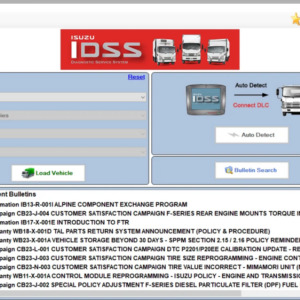
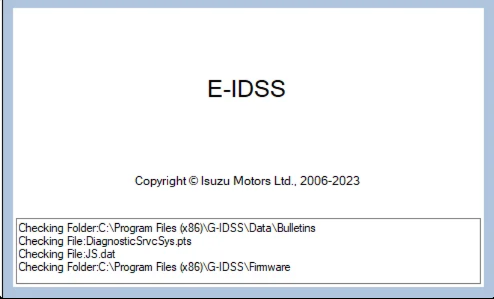
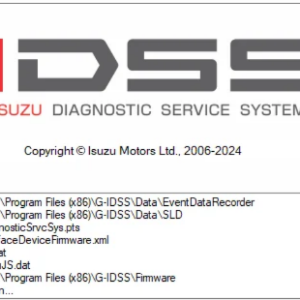


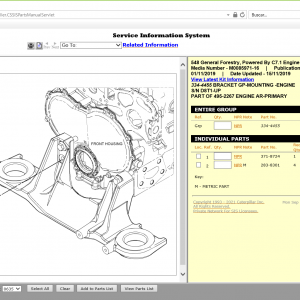

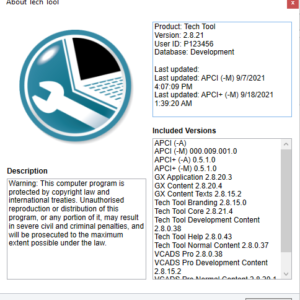
![download Hitachi Construction Machinery MPDr Ver 3.7.0.0 [10.2020] Diagnostic Software](https://www.ecuforcetruck.com/wp-content/uploads/2023/05/MPDR-3.7.00-300x300.png)
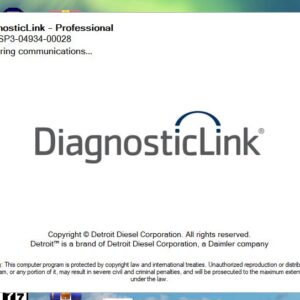

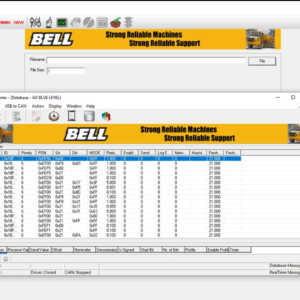
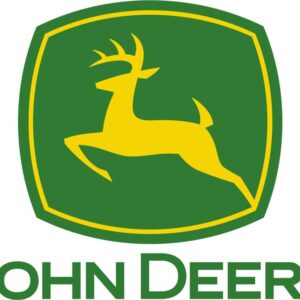
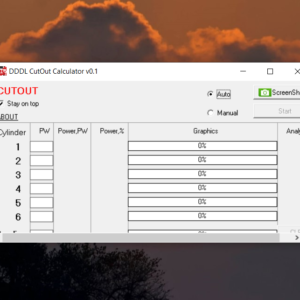

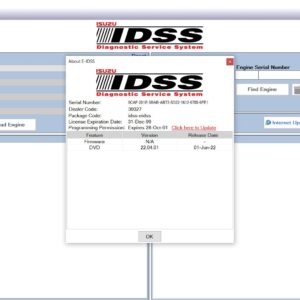
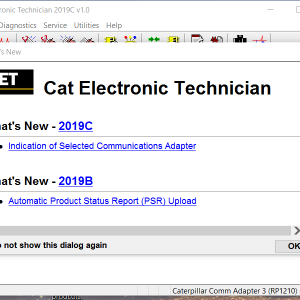
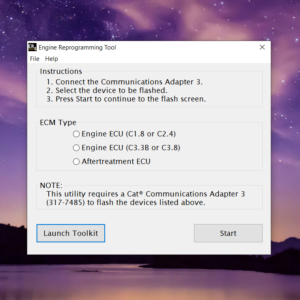
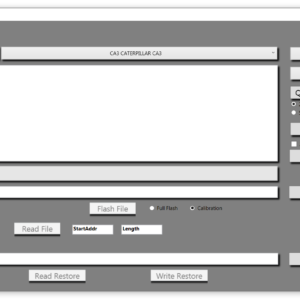
![DAF Davie Runtime v5.6.1 Davie XDc ll [02.2019] + Expire Fix 302.00 Unlock ( Windows 7 )](https://www.ecuforcetruck.com/wp-content/uploads/2021/09/Capture-2-300x300.png)

